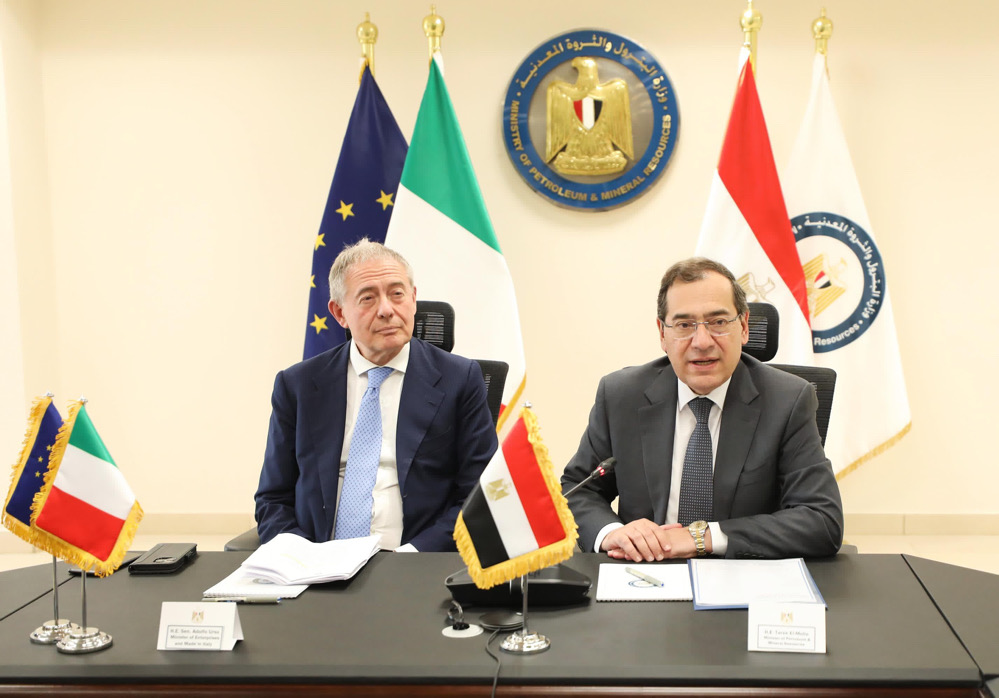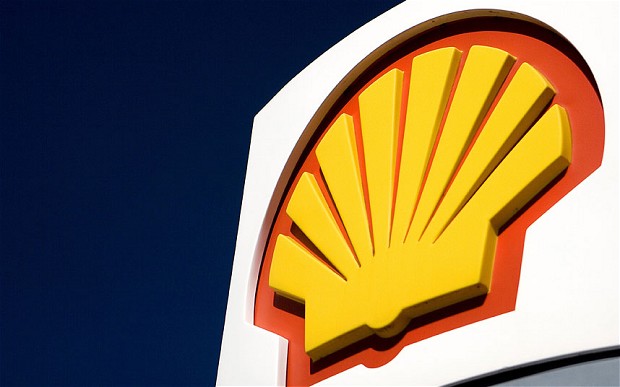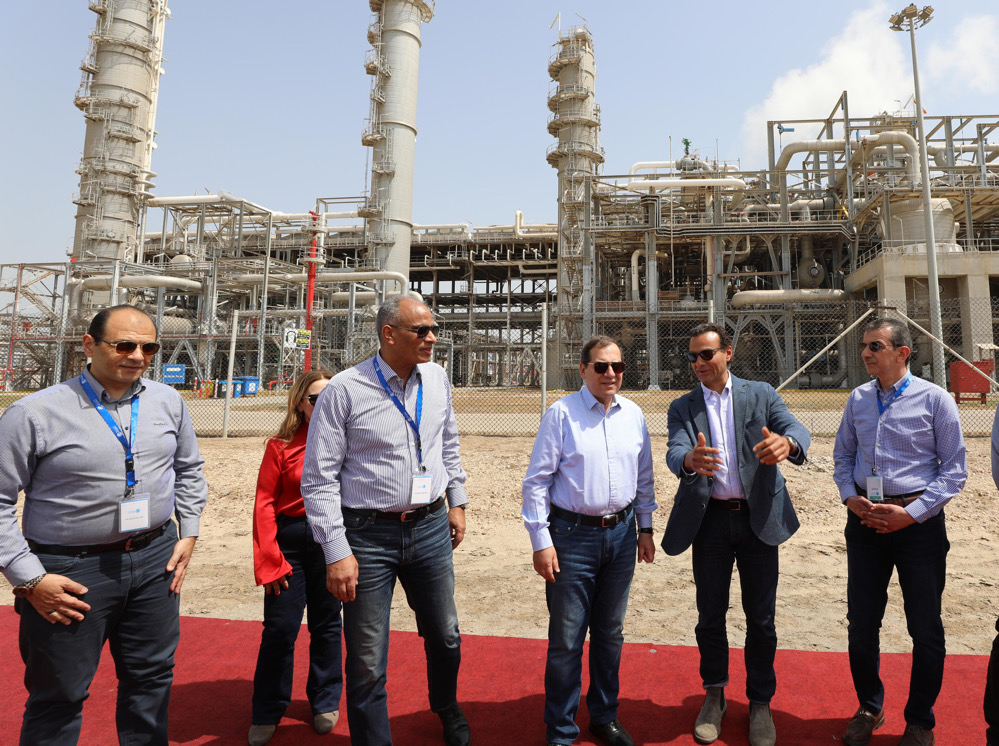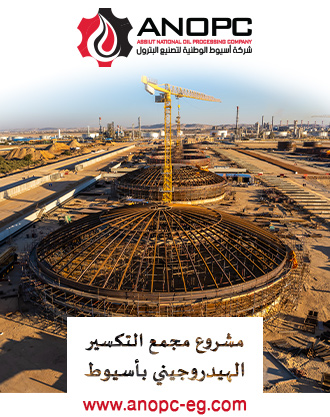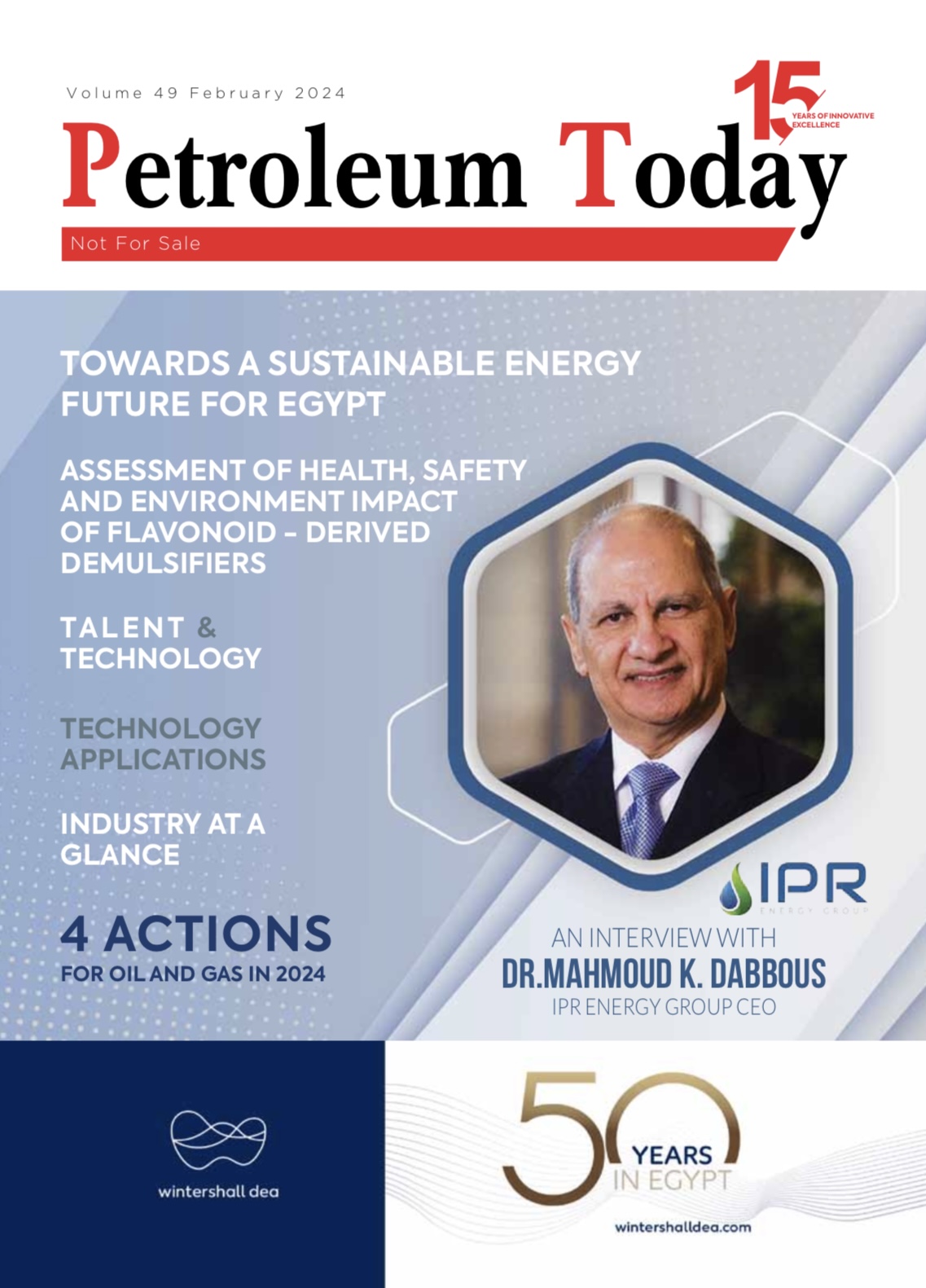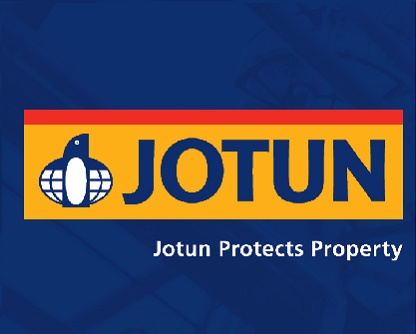Egypt
Egypt new bids in 2021 aim to capitalise on industry interest despite fiscal terms
Published on : 2021-06-03
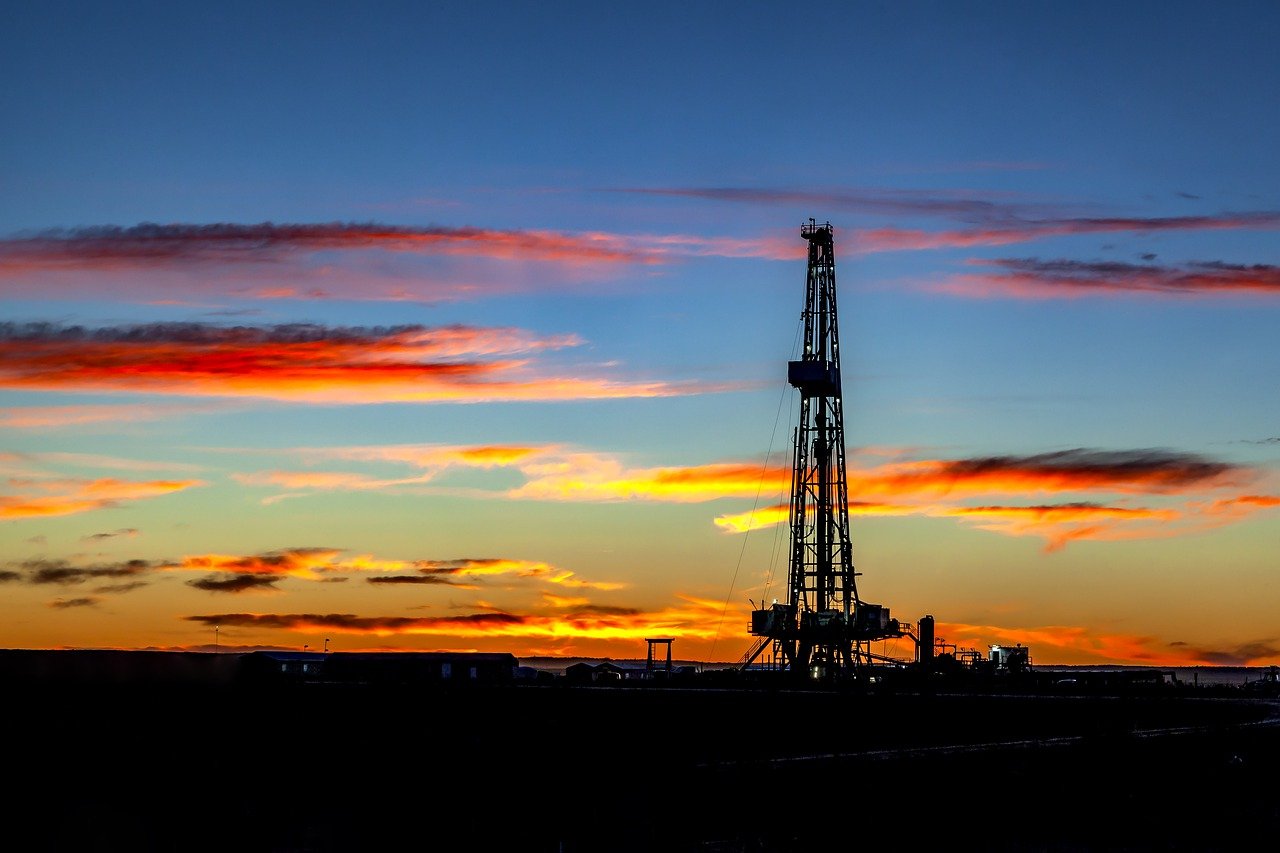
Egypt offers upstream acreage in the form of production sharing agreements (PSAs) and in some cases through service contracts. Under the PSA framework, several bonuses are payable by the licensee to the NOC. Licensees may recover their costs up to 30% to 40% of gross production and excess cost recovery petroleum may either accrue to the NOC or be shared between the NOC and the licensee according to the terms of the individual contract. Profit oil is shared between the licensee and NOC in tranches either based on production levels or based on production levels and the prevailing Brent crude price. The state’s production share typically ranges between 65% and 90%.
Under most concession agreements, the NOC pays all royalties and taxes on behalf of the licensee out of its share of profit oil, except in cases where the licensee disposes individually all or part of its share of hydrocarbons and excess cost recovery.
The royalty rate is levied at 10% on the gross production and the corporate income tax for the NOC and the licensee is 40.55% and 40% respectively. Concession agreements exempt licensees from sales and value-added tax, customs duties, transfer and capital gains tax, stamp duty, income and withholding tax (except dividends).
The fiscal burden under PSAs in Egypt can vary significantly due to the negotiability of the main production sharing terms and the difference in minimum bid thresholds set by the three main NOCs. EGAS is Egypt’s NOC responsible to manage natural gas activities with the main area of focus the Mediterranean Sea. EGAS PSAs generally have the more attractive terms, reflecting the higher costs and risks of E&P activities in the deepwater Mediterranean.
Although these terms are generally more burdensome than those offered in neighbouring Israeli, Cypriot and Greek waters, this is counterbalanced by the benefits of Egypt’s more developed sector such as infrastructure availability and strong local gas demand. GANOPE is Egypt’s NOC responsible to manage oil and gas activities between latitude lines 28°- 22° (Upper Egypt). GANOPE PSAs are generally less attractive than those offered by EGAS.
However, the terms are still incentivised to reflect the more frontier nature of acreage in Upper Egypt and the level of state take remains slightly lower than the terms offered by neighbouring Sudan. EGPC is Egypt’s main NOC and it is responsible for managing oil and gas activities in the Eastern Desert, Western Desert and Gulf of Suez.
EGPC’s PSAs tend to command the highest state take and the second-lowest returns when compared to regional peers, reflecting the lower cost and more mature status of its focus areas. Despite this higher state take, EGPC’s terms remain more attractive than those offered in neighbouring Libya and successful licensing through recent bid rounds suggest that they are not a major barrier to investment. Regressive elements within the regime including the effective royalty imposed through the minimum profit sharing split to the state result in a fiscal take increase when cost increase or oil price decrease. Although, there is a counter effect when price increase or cost decrease, the change on the fiscal take is subdued.
Egypt has awarded several blocks during the last few years due to a renewed investment interest after significant Mediterranean gas discoveries, improved gas pricing and wider energy sector reforms.
Supermajors such as BP, ENI, and Shell have strengthened their presence in the country while ExxonMobil and Chevron are few of the new entrants. In an effort to capitalise on this success, EGPC and EGAS have opened a new bid round between March-August 2021, offering three blocks in the Gulf of Suez, 12 blocks in the Western Desert and nine blocks in the Mediterranean Sea. This, along with the restart of the Damietta LNG plant in early 2021 after nine years, will enhance further Egypt’s production capacity and export capability.
Although maritime border disputes in the East Mediterranean are ongoing, the deal between Egypt and Greece in 2020, the cancellation of Turkey-GNA Libya’s agreement in early 2021 and the political reproaching between Turkey and Greece can favour regional cooperation.


